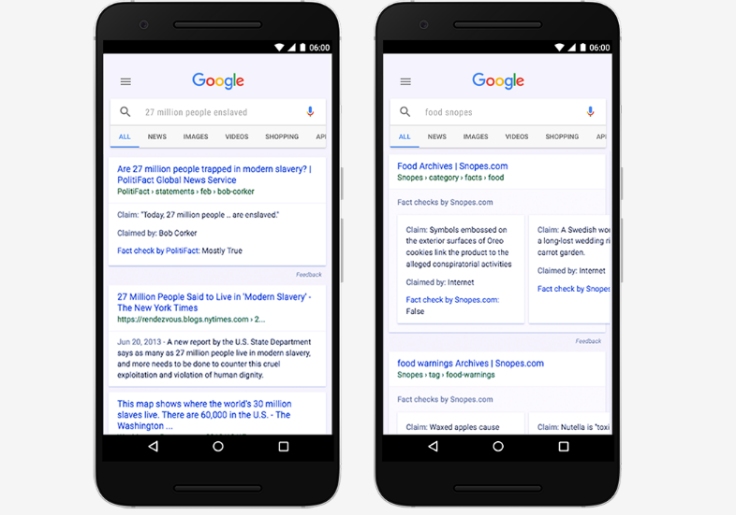Controversial Fake News Laws In Singapore Draws Criticism From Human Rights Groups, Tech Firms.

Human rights groups and tech companies have expressed concern about a Singapore law that criminalizes online content that the government deems to be fake news.
The Protection from Online Falsehoods and Manipulation Bill was passed Wednesday night 72-9 and aims to remove online content that could threaten the interests of Singapore or influence its elections. The government could not only block or remove such content but also sentence the service provider or publisher with up to 10 years of jail time and hefty fines.
The law has drawn the ire of human rights groups. Human Rights Watch (HRW) issued a press release warning this month about the bill, claiming it gives the Singaporean government too much power.
"Singapore's ministers should not have the power to singlehandedly decree what's true and what's false," Phil Robertson, the deputy Asia director of HRW said. "Given Singapore's long history of prohibiting speech critical of the government, its policies or officials its professed concerns about 'online falsehoods' and alleged election manipulation are farcical."
Tech companies are also concerned about the law, with Google saying it could hamper innovation.
"We remained concerned that this law will hurt innovation and the growth of the digital information ecosystem," the company told Reuters on Thursday.
Social networks could also be impacted.
"We remain concerned with aspects of the new law which grant broad powers to the Singapore to compel us to remove content they deem to be false and to push a government notification to users," said Simon Milner, Facebook's Asia-Pacific vice-president of public policy.
Facebook has in the past angered Singaporean authorities after articles circulated on the social network which linked Singaporean banks to the scandal-ridden 1Malaysia Development Berhad Fund (1MDB).
Singapore already has a poor record on freedom of the press and civil liberties. Reporters Without Borders ranked the country 151 out of 183 nations in its Worldwide Press Freedom Index published in 2018. The human rights organization Freedom House says that Singapore is "partly free" in its 2019 Freedom of the World ranking, which tracks the level of civil and political liberties worldwide.
Singapore is especially protective of its image and its history. In 2015, a blogger by the name of Amos Yee was arrested after he criticized the first Prime Minister Lee Kuan Yew, who had recently died. This resulted in Yee having to flee to the United States to seek asylum.
© Copyright IBTimes 2024. All rights reserved.





















